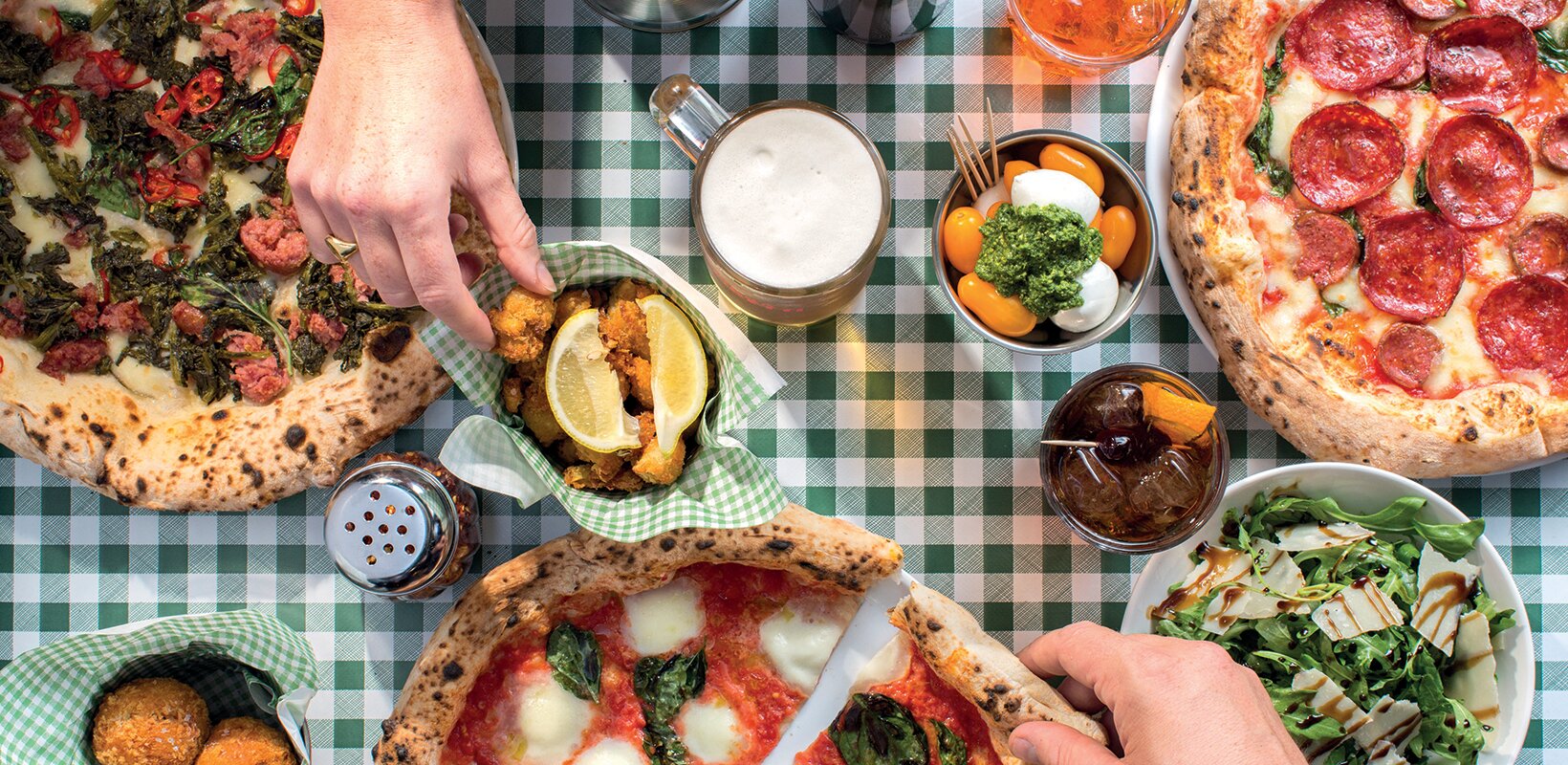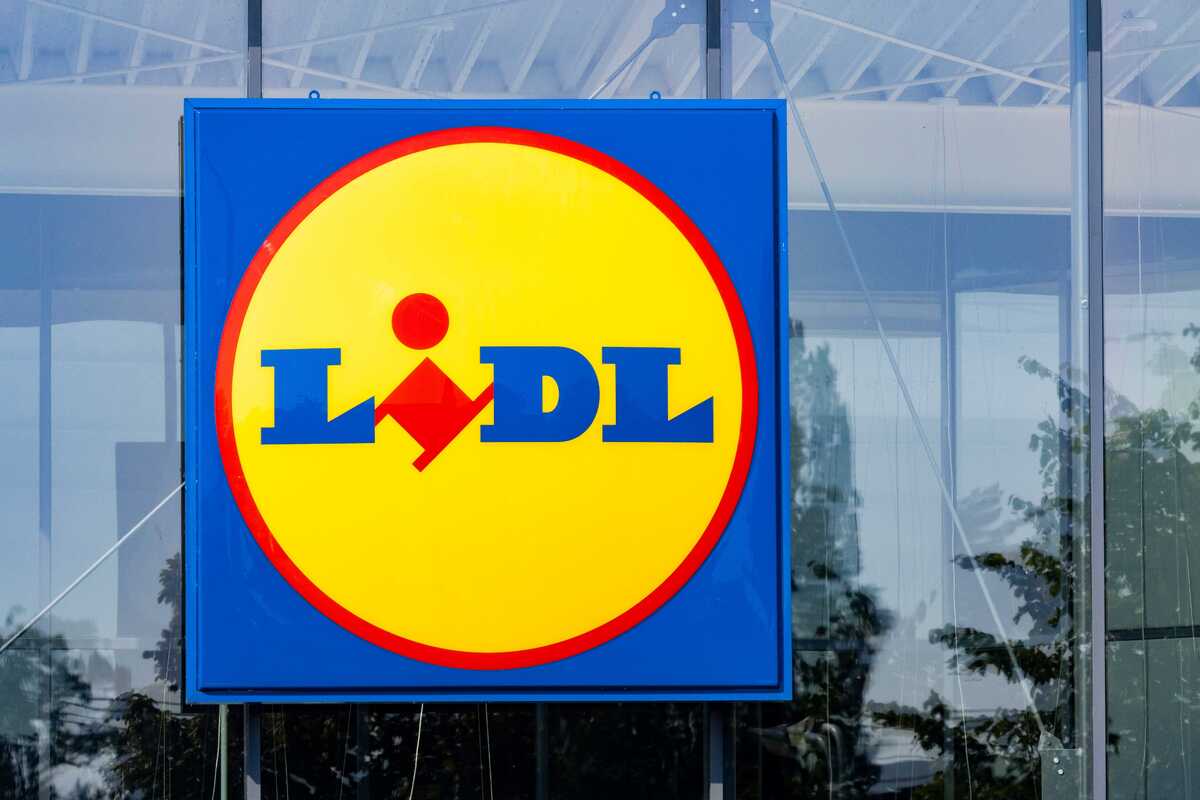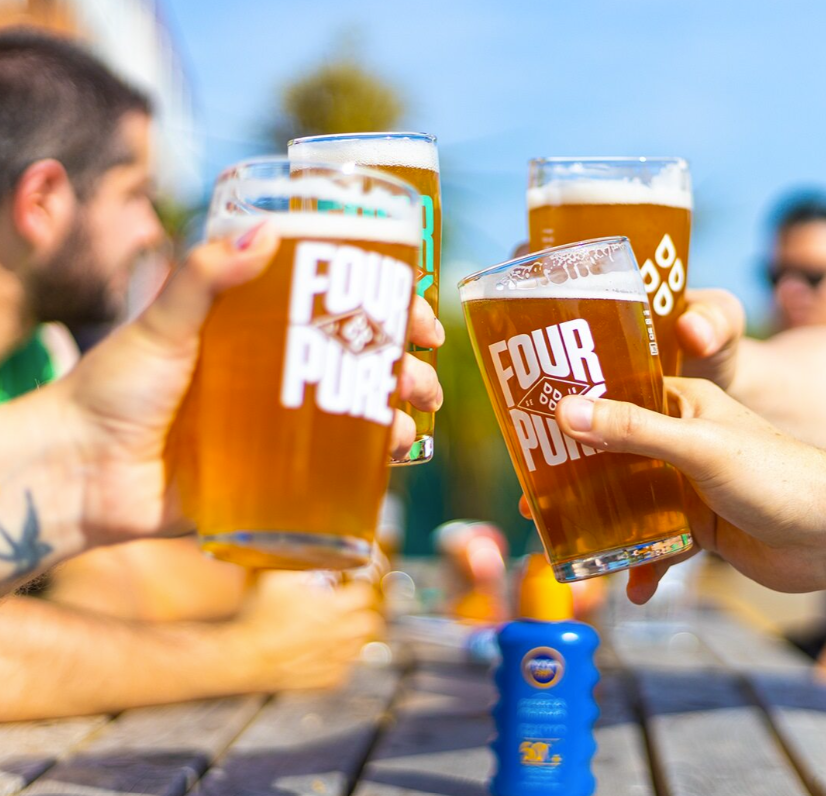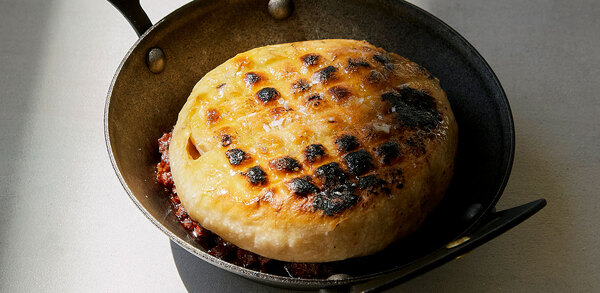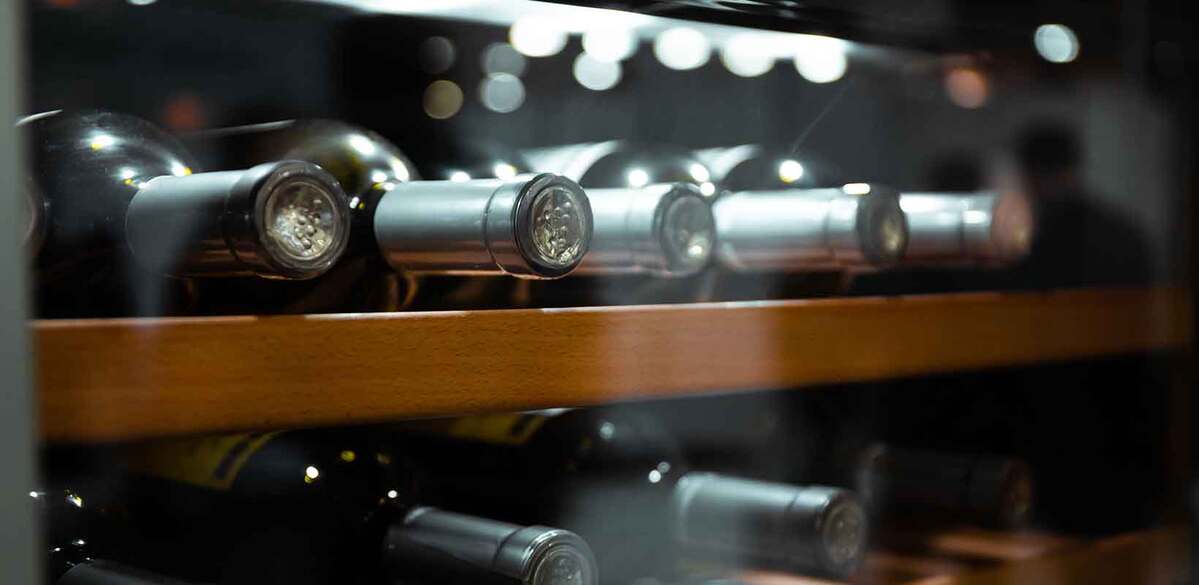Are things getting better for casual dining?
Sites are openings, operators are optimistic and investors are showing interest – Emma Lake looks at whether casual dining’s struggle is over
After a tumultuous few years for the casual dining sector, there are signs that the tide is starting to turn, with an increase in mergers and acquisitions (M&A) and a number of groups returning to the expansion trail.
The past six months have seen Apollo Capital Management acquire Wagamama owner the Restaurant Group for £700m (including debt), Young’s acquire City Pub Group for £162m and McWin acquire both Sticks’n’Sushi and Big Mamma Group.
Corporate finance specialist Graeme Smith of global advisory and consulting firm AlixPartners has predicted that, with cost pressures beginning to ease and a sense that the interest rate cycle has peaked, activity will increase through 2024.
He said: “As businesses started forecasting numbers for 2024, we started to see margins increase again in percentage terms. So I think from an operational standpoint there’s a lot of confidence for investors to come in.
“Combine the reduced cost of capital with a trading environment that, while not easy, is seeing some of those extreme pressures from cost inflation receding and – in some cases – reversing, and I think that does leave us expecting more M&A activity this year. Once deals have been done it builds confidence that others are making the leap, as well as a feeling of not wanting to miss out.”
Slowing decline
Research by property advisor Christie & Co has shown that the number of UK restaurant sites has fallen by 4,000 since 2018 but the decline has slowed, and CGA by NIQ has reported a year-on-year decline of under 2% in the casual dining sector.
Karl Chessell, director: hospitality operators and food EMEA for CGA by NIQ, said: “It feels like the managed groups have come through the worse, although the fact there are still closures shows it’s still tough out there.
“We are seeing demand hold up reasonably well. Frequency is down a little bit, but the good thing is that consumers still want to go out and we do have brands expanding.”
Smith said investors were showing consistent interest in “smaller businesses with a lot of white space to grow into.” However rapid roll-outs through the country’s high streets are no longer the primary means of expansion. He added: “People are more cautious about the actual number of sites that can be rolled out in the UK under a single brand. As brands mature, they’re looking at different location types, formats or channels like delivery and retail, or different operating models like a franchising set-up. Businesses are certainly being asked to look much earlier at which of these channels are the best fit for their brand.”
Going multi-channel
Ashton Crosby, co-founder and managing director of Capdesia, which has investments in Wasabi, Franco Manca, the Real Greek, Gail’s and Marugame Udon, stressed the attractiveness of multi-channel businesses.
He said: “If you can give people a lot of ways to engage with your product and brand, you typically engender much longer loyalty. If you take Wasabi as an example, we’ve got a restaurant business where you can dine in, take out, click and collect or deliver. We’ve also built a ready meal and sides business in grocery that is thriving. It’s a great quality product and great value and it means we can reach customers everywhere.”
Laying low on the high street
But what about the high street? Wahaca is due to open its first site in seven years in Paddington in April and groups such as Mowgli and Pizza Pilgrims have continued to expand while others have laid low. Simon Chaplin, senior director of corporate pubs and restaurants at Christie & Co, has a sense that confidence is growing.
He said: “Sellers are thinking: ‘Well, if I do come to market at least I can find a buyer’ and buyers are looking and seeing that. While they can’t expect everything to be a bargain, there are deals to be done and there are signs of life from lenders wanting to back certain ventures.”
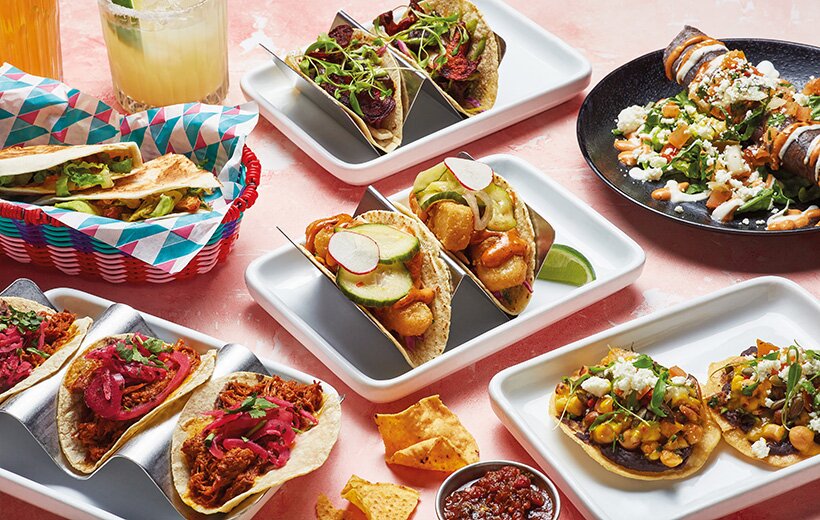
Chaplin said the high street continues to be tough, with rents now largely higher for drive-through quick-service restaurant (QSR) sites than the town centre.
Increasing rents for QSR sites reflect a growth in interest. Crosby said Capdesia’s interest is in fast-causal: “We’ve positioned ourselves firmly in the QSR, fast-casual, new-casual dining and grab-and-go space. We focus on concepts that offer great quality of food at an affordable price point, fast speed of service and a strong brand that embraces technology.”
Alan Morgan, chief executive of Big Table Group, the operator of brands including Bella Italia, Las Iguanas and Café Rouge, is also exploring opportunities. He said: “QSR has not historically been a focus for us as it wasn’t previously our sweet spot; however, we are now actively reviewing and trialling versions of fast casual offers to understand more.”
Smashing it
Honest Burger is planning to launch its own QSR concept, Honest Smashed, later this year, having raised almost £3m through crowdfunding, three times its original target. Co-founder Tom Barton said: “There will be similarities between Honest Smashed and Honest Burger, but it’s going to stand on its own two feet. “We want to sit in the middle between premium QSR and standard QSR. We feel we can sit in that middle ground and give the customer a fantastic burger at speed and do it at a very competitive price.”
The group is also looking to expand its Honest Burger estate and is assessing a variety of sites in high-footfall areas such as Canary Wharf as well as more residential locations with strong delivery prospects.
Mark Selby, co-founder of Wahaca, agreed that there are plenty of opportunities. He added: “We’ve had lots of landlords offering sites and good deals, but we’re happy to open one or two sites a year. For us, that’s a nice slow evolution of the business and brand that allows us to keep quality up in the sites and keep engaging our teams.
“In Paddington we’ve got a beautiful new design, we’re playing with new dishes, ramping up sustainability and bringing on a carbon-negative beer. We’re really just evolving the business – then we can look at the customer reaction and feed that back into the estate.”
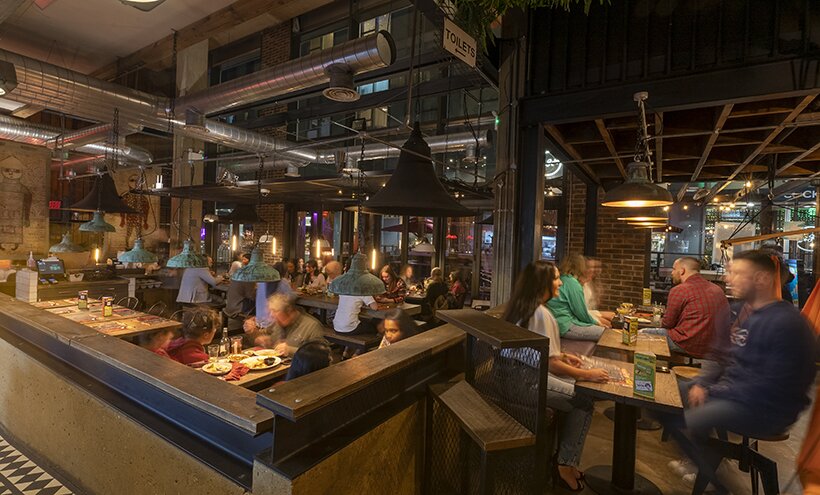
Big Table Group has also seen opportunities for growth, particularly of the Banana Tree brand which it acquired in 2022. Morgan said: “We acquired Banana Tree because we were excited about the business and knew it had a brilliant food offer that had opportunity to grow. It continues to perform very well and we have doubled the estate over the last year.”
The expansion being seen in the sector suggests a confidence in the consumer appetite for casual dining.
Pizza Pilgrims co-founder Thom Elliot said: “We represent great value. It’s under £20, significantly under £20 in many cases, and a great buzzy experience. I do obsess about not putting prices up. When we opened, our margherita was £8 and a month later we put the price down to £6.95. The board was like: ‘What are you doing?’, but I think you have to work to maintain your value option. We always want our margherita to be great value.”
The company undertook a supply chain review in 2022 which has protected it from some cost increases and has helped its efforts to maintain prices, however Elliot said: “I suspect we’ll have to look again at price, but I hope we can do very little.”
While trading conditions for casual dining remain tough, it’s clear the sector is attracting interest and that brands are continuing to resonate with consumers. As Selby said: “There’s a feeling of midterm optimism.”
Consumer changes
Operators have reported a strong December with sales exceeding their expectations, although train strikes and poor weather appear to have made January a challenge.
For Mark Selby, co-founder of Wahaca, the difficulty continues to be the unpredictability of consumer patterns. He said: “The hardest part is that it hasn’t settled down yet. We can be going along very nicely and suddenly we’ll have an amazing week and be like, ‘Oh, where did that come from?’. Then equally we might have a terrible week and it bounces back.
“I used to pride myself on being able to forecast our sales for the next couple of weeks within 1% on an almost per-site basis, but at the moment we can be 10% out quite easily.”
For Honest Burger co-founder Tom Barton the sector has always faced challenges, but equally he believes there is always an opportunity for strong brands to succeed. He said: “There’s a lot of challenges but Honest Burger has been trading for 13 years and I don’t think there’s been a time when we haven’t had challenges to overcome.
“We had a really strong tail end to last year. In the final quarter we had more than 70% of our restaurants hitting record sales and our like-for-likes in December were 22% up on the year before. So we’re outperforming the market and it’s been really nice to see a bit of normality.”
Alan Morgan, chief executive of Big Table Group, said consumer spend “has undoubtedly been impacted negatively” but added that the diversity of its portfolio had shielded it to some of the impact.
Balancing diversification
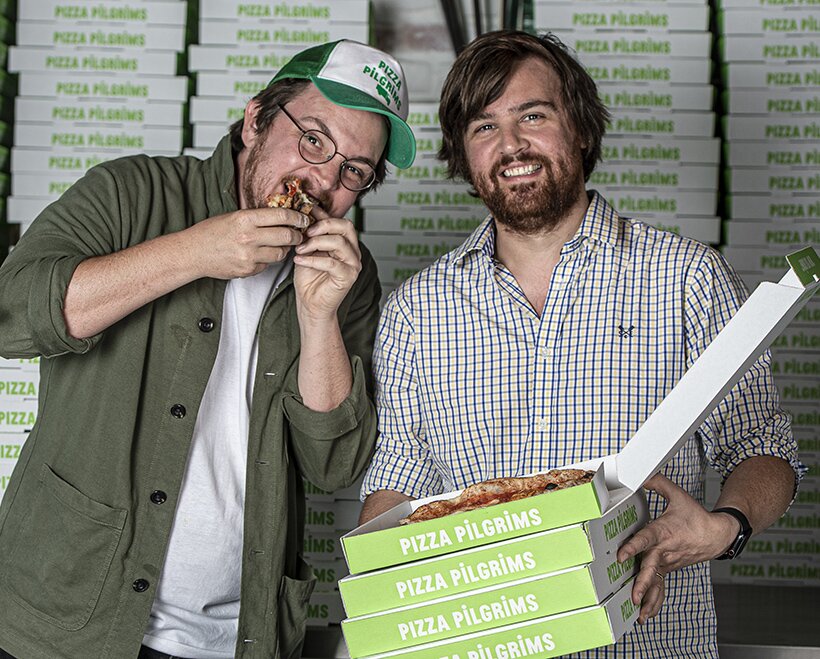
Pizza Pilgrims launched DIY Neapolitan pizza kits during the pandemic lockdown, which proved a huge hit with consumers and are still going strong. A similar DIY retail offer has also recently been done with Ocado.
Thom Elliot, co-founder of Pizza Pilgrims, said: “In Covid it galvanised the team and opened us up to a whole load of cities we had no reason to engage with, it was amazing.”
The group, which will start work on a new restaurant in Euston in the coming months, also has a strong delivery presence, although Elliot said he had been cautious in this area.
“In the last few years we’ve worked really hard as a business to be really good at delivery,” he explained. “But primarily we’re an eat-in pizzeria business and we work really hard to make our pizzerias fun. There’s a challenge around translating that experience to delivery, which we’re working on.
“At the end of the day chasing delivery can be a zero-sum game. If we’re very busy in site on a Thursday and delivery companies are trying to increase their numbers on the same night, you can’t both win.”



